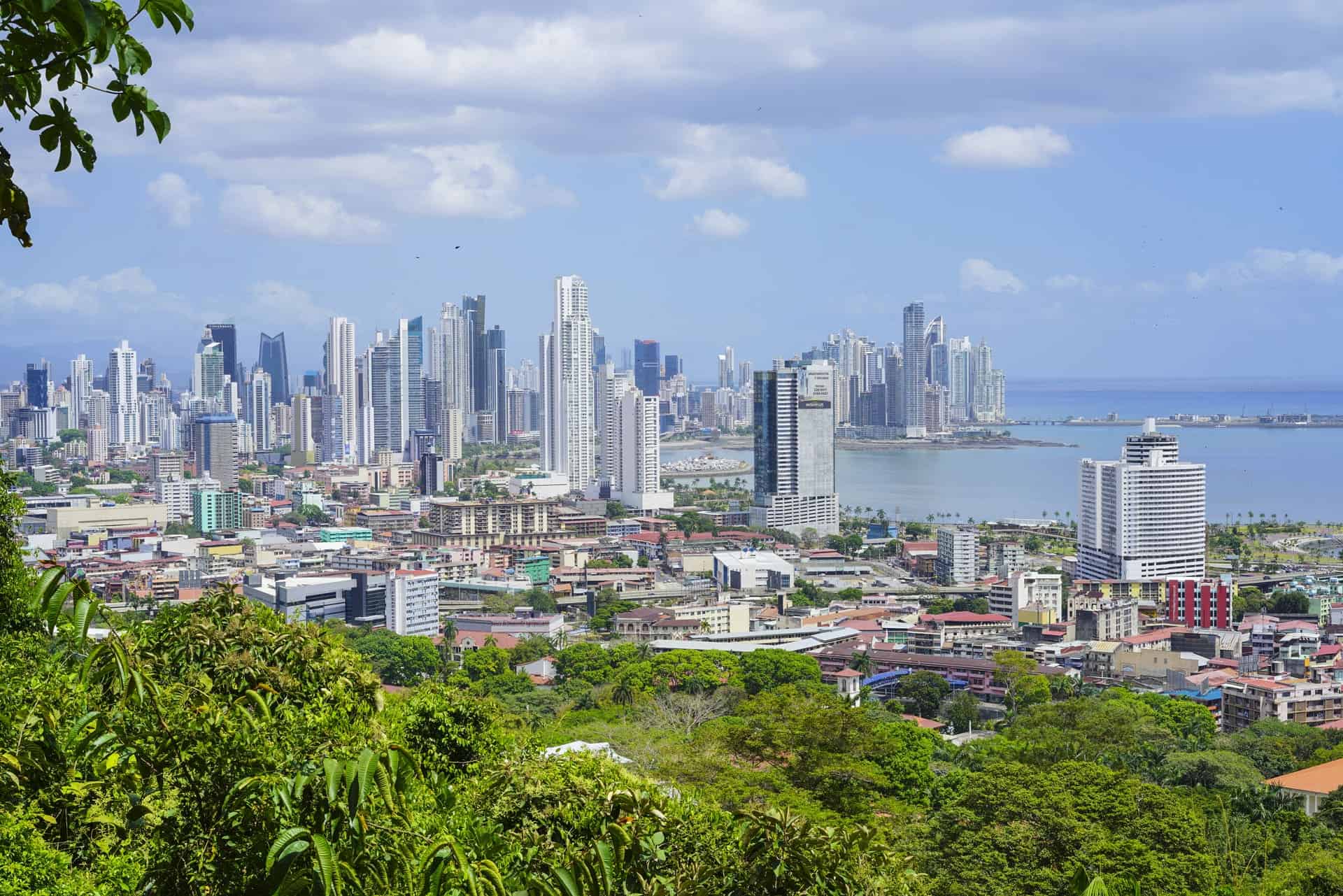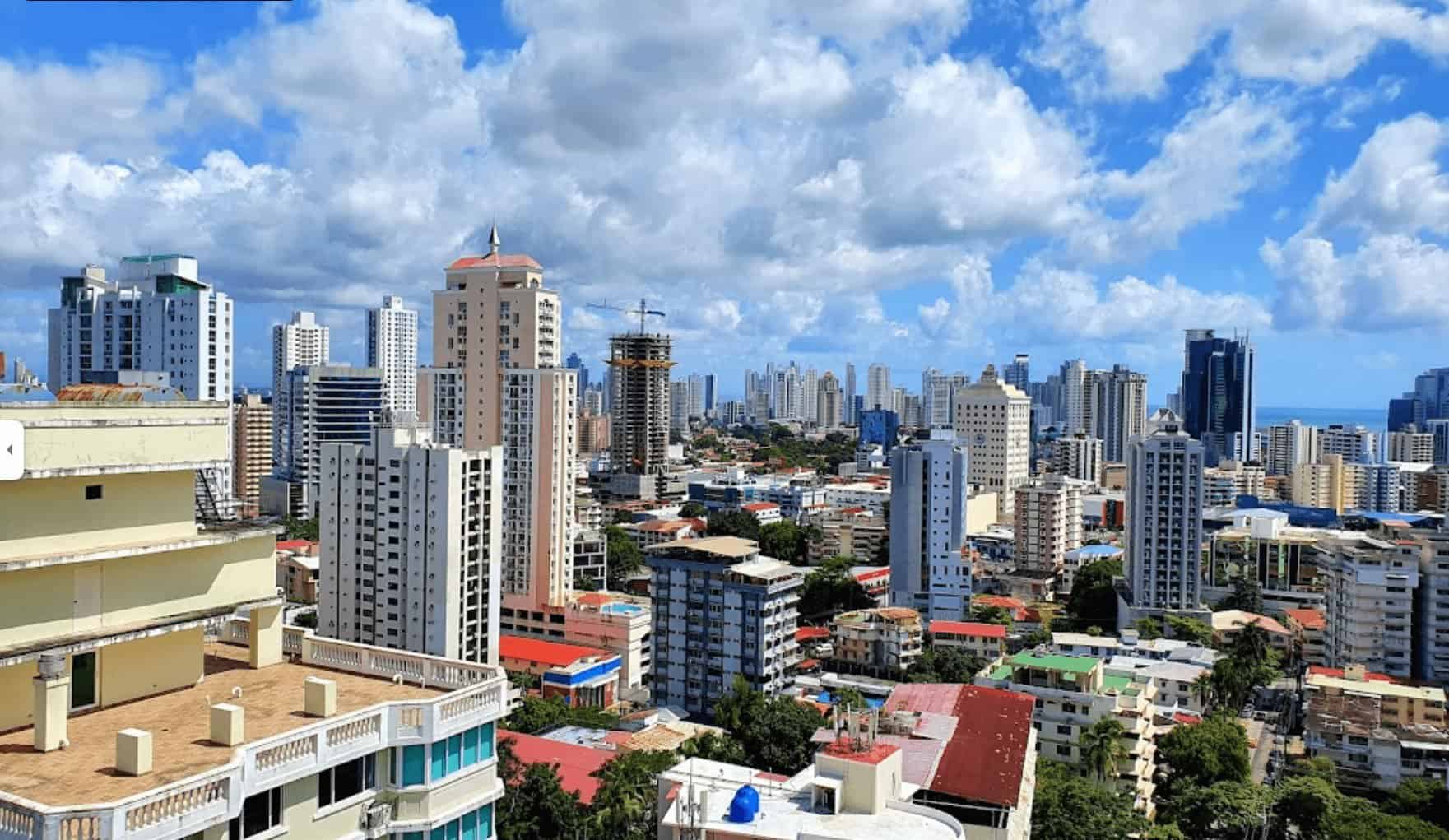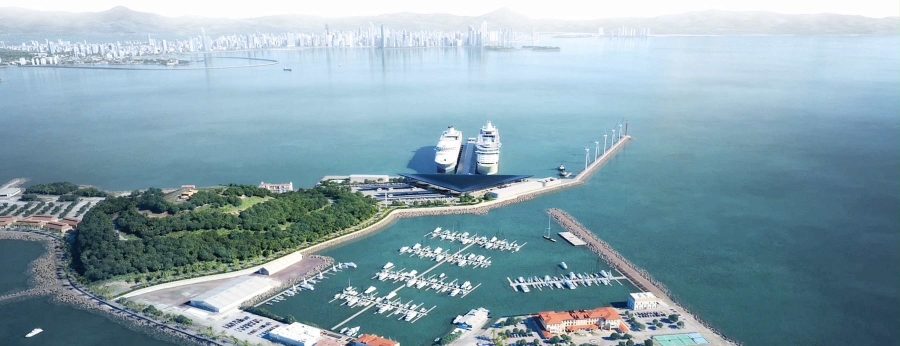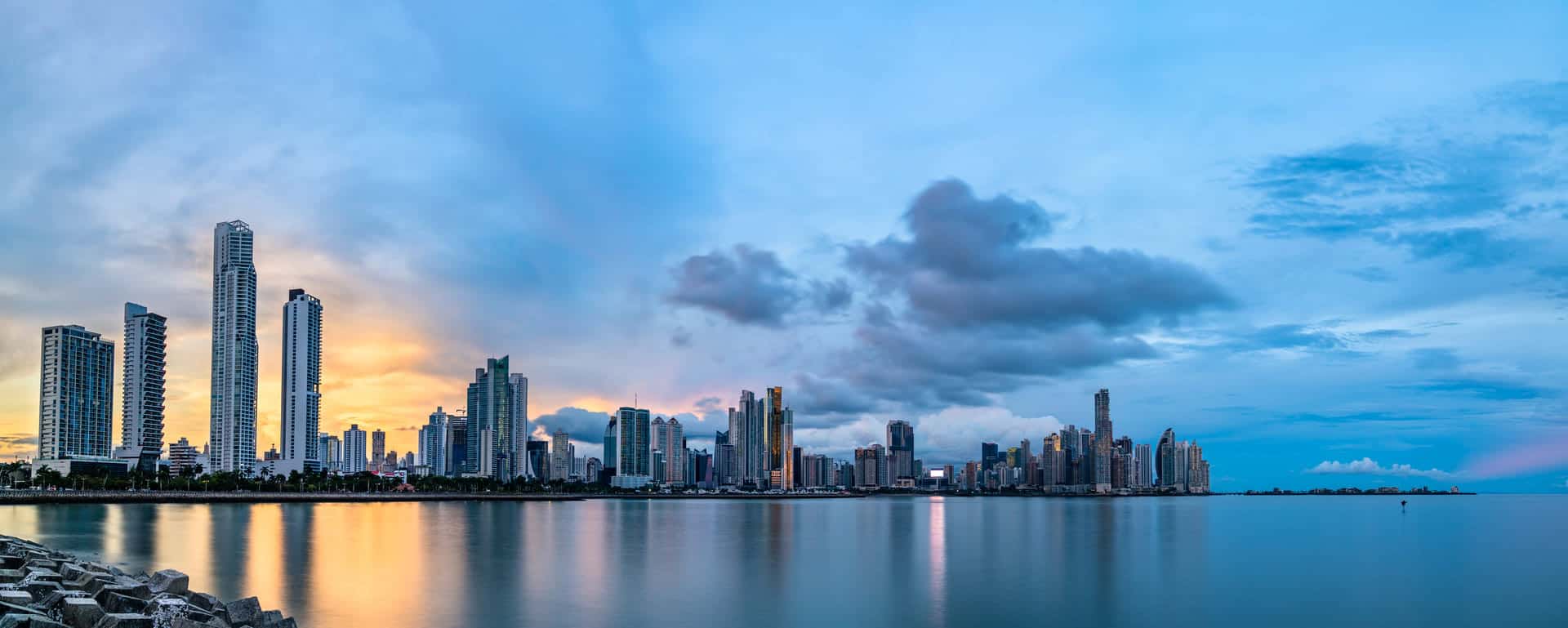Panama stands out as a prime destination for quality healthcare in a picturesque setting. The country’s healthcare system, spanning public and private sectors, adheres to global standards. Panama’s healthcare landscape ensures accessible, top-notch medical services. The public healthcare system, managed by CSS (Social Security Fund) and MINSA (Ministry of Health), serves residents and expats. Expats often favor private healthcare for its efficiency, diverse medical professionals, and modern facilities. But Panama’s healthcare system isn’t just for locals, it’s a hub for medical tourism. With esteemed private hospitals like Centro Medico Paitilla and respected public institutions like Hospital Santo Tomas, Panama offers a wide range of healthcare services. This benefits its Panamanian residents and attracts individuals seeking affordable, high-quality medical solutions. Whether you’re exploring local health insurance or international coverage from providers like GeoBlue and Cigna, Panama’s healthcare infrastructure caters to diverse needs, accommodating both its growing population and the rising tide of medical tourists.

Panama’s Healthcare System
Public vs. Private Healthcare
Panama is increasingly gaining recognition as a prominent destination for medical tourism. Here, you can find excellent healthcare options that won’t break the bank, making it an attractive destination for elective surgeries, specialized treatments, and regular medical care. What makes Panama stand out is its commitment to upholding global healthcare standards.
Panama’s public health system serves everyone, but it may not be the top choice for expats. This is because public hospitals often have long wait times and fewer resources, especially in remote areas. Expatriates might observe differences in the amenities available at public healthcare facilities compared to private ones. Public health services are primarily designed for local nationals, not for expats or global nomads.
Panama offers a modern and efficient private healthcare system that operates through private insurance payments. The majority of expatriates opt for treatment at advanced private hospitals in the Panama. This private healthcare system grants patients a wider array of options when it comes to selecting doctors and hospitals. It is the preferred choice for many middle-class or upper-class Panamanians, and expatriate individuals.
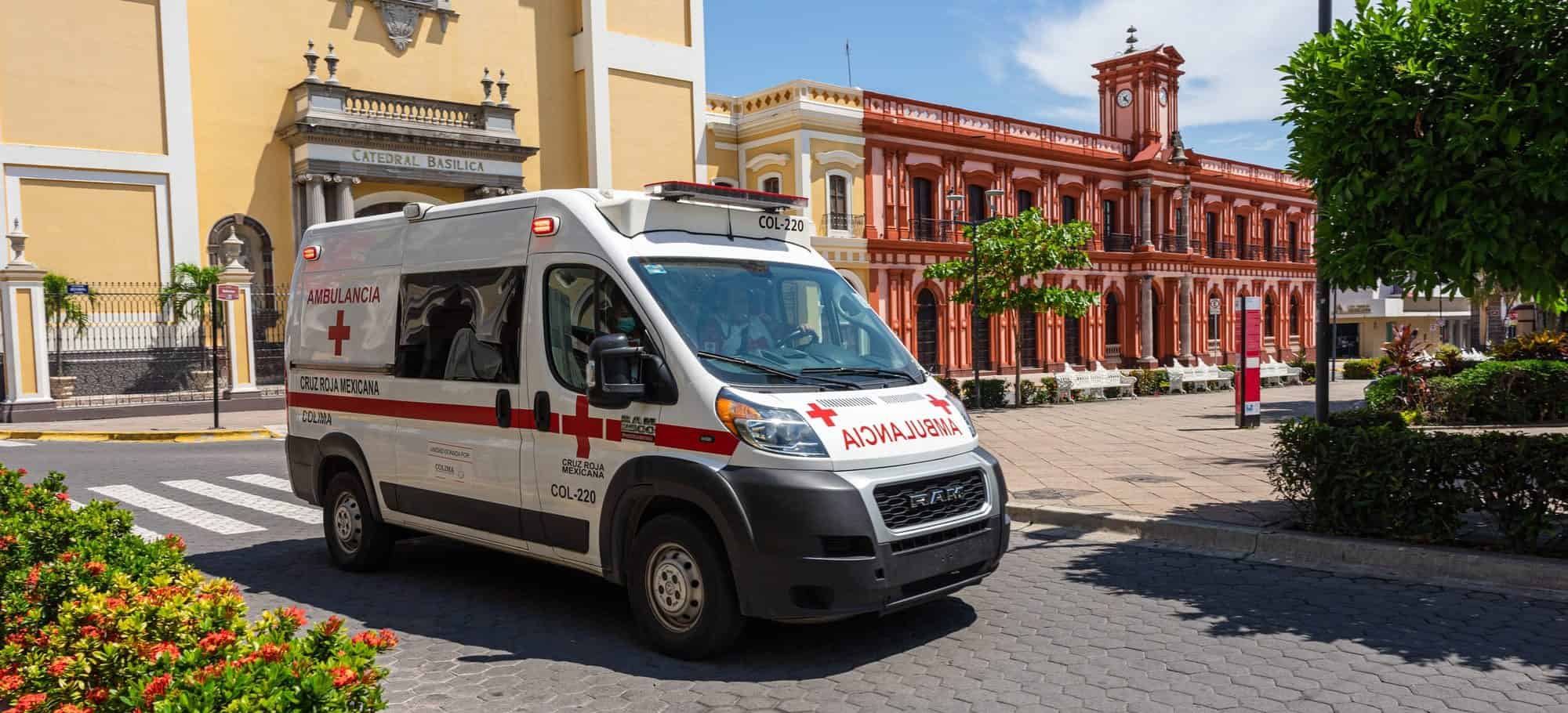
Top Hospitals and Pharmacies in Panama
In Panama, healthcare is a blend of private and public hospitals, all working towards quality medical services. Now, let’s delve into some of Panama’s top hospitals, both private and public. We’ll showcase their special features and services.
Private Hospitals
- Centro Medico Paitilla: Centro Medico Paitilla, situated at the intersection of Ave. Balboa and Calle 53 in Paitilla, Panama, is renowned for its leading Oncology Unit in the country. The hospital provides continuous emergency room services for adults, 24/7, throughout the entire year. Centro Medico Paitilla boasts a recently introduced “Pediatric Emergency Room” with distinct waiting zones and continuous care offered by pediatric experts.
- The Panama Clinic: Panama Clinic is committed to providing excellent patient care in a modern and welcoming environment that promotes confidence and safety. This hospital located at Ramón H Jurado, Centro Pacific Center Torre B, Panama City and is available 24/7 for emergency medical services. Additionally, Panama Clinic laboratory is open on weekdays from 6 am to 7 pm and on Saturdays from 7 am to 2 pm.
- Hospital Punta Pacifica: Hospital Punta Pacifica, located in Panama City, plays a vital role in healthcare. Nestled on the Pacific coast, it offers a helipad for emergencies. Hospital Punta Pacifica boasts a 24/7 emergency room staffed with a dedicated team of specialists ready to meet patients’ needs at any hour.
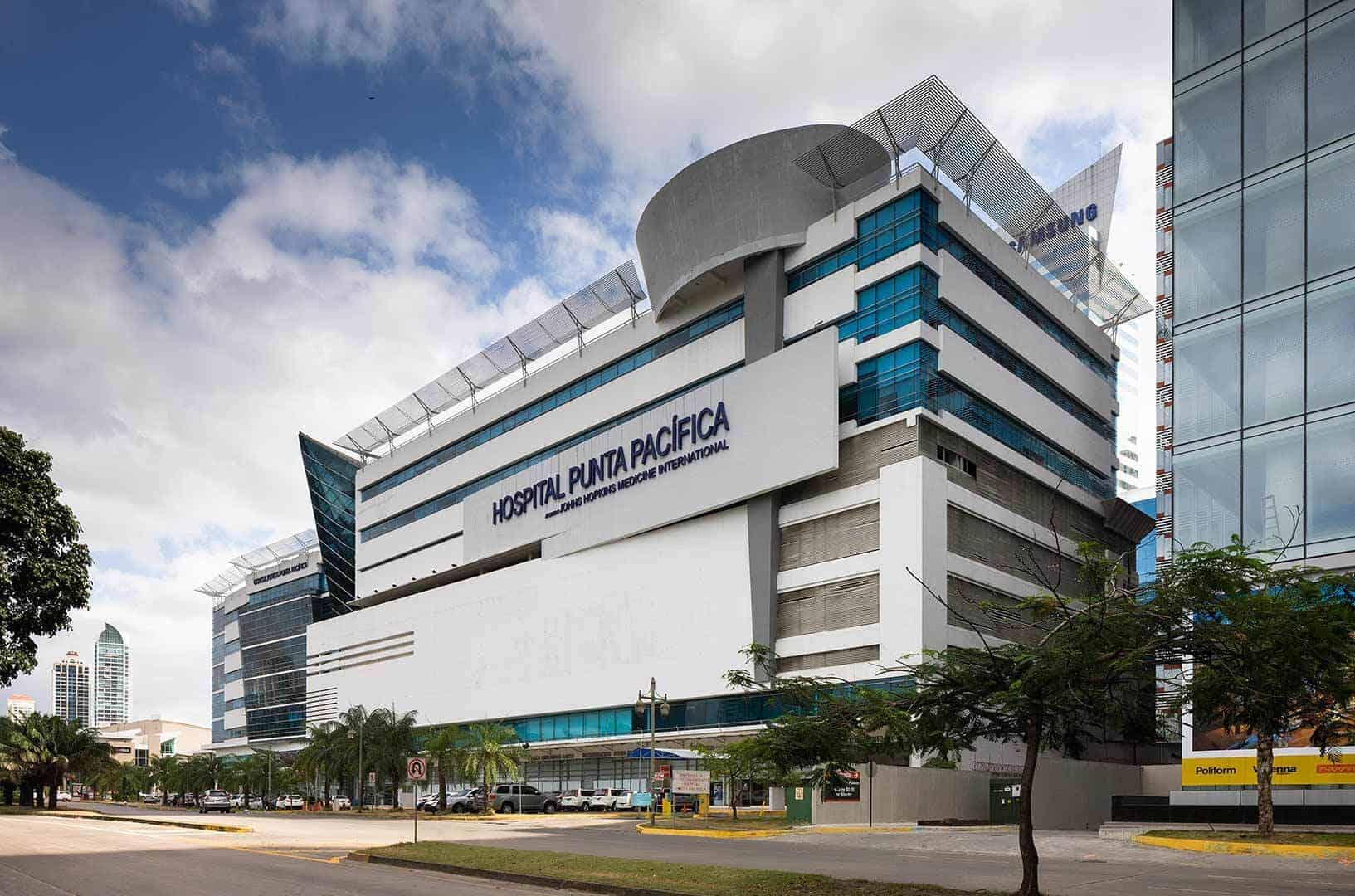
- Clínica Hospital San Fernando: Clínica Hospital San Fernando holds the distinction of being Panama’s first private hospital. At Clinica Hospital San Fernando a portion of medical team is proficient in English, and they offer interpreter services for various languages. You can find the hospital situated at Vía España, Panamá, Provincia de Panamá, Panama. Clínica Hospital San Fernando is at your service from Saturday through Thursday, but please note that operating hours may vary on Fridays.
Public Hospitals
- Hospital Santo Tomas: Hospital Santo Tomas is a specialized public hospital. Recognized nationally, it provides health, education, and research services to the community. It employs state of the art technology and is committed to social responsibility. Situated at Calle 37 Este in Panama and operates 24/7 for emergency services.
- Hospital General de la Plaza: The Hospital General de la Plaza is a public healthcare facility located on Avenida Cuba in Panama City, Panama. They offer a variety of services to the community. Hospital General de la Plaza outpatient services are available on weekdays from 8:00 am to 5:00 pm, and their emergency department is available 24/7 for your medical needs.
- Cecilio Castillero Hospital: Cecilio Castillero Hospital, situated at Carmelo Spadafora Avenue in Chitré, Herrera, Panama, operates 24 hours a day. The hospital provides a range of services, including emergency care, internal medicine, first aid, pediatric services, and general medicine.
- San Miguel Arcángel Hospital: San Miguel Arcángel Hospital is located in Panama City’s San Miguelito district, is an outstanding healthcare facility. The Hospital provides a wide range of affordable services and treatments, always focusing on exceptional customer service and maintaining well-kept facilities. San Miguel Arcángel hospital operates 24/7, ensuring you can access quality care whenever you need it.
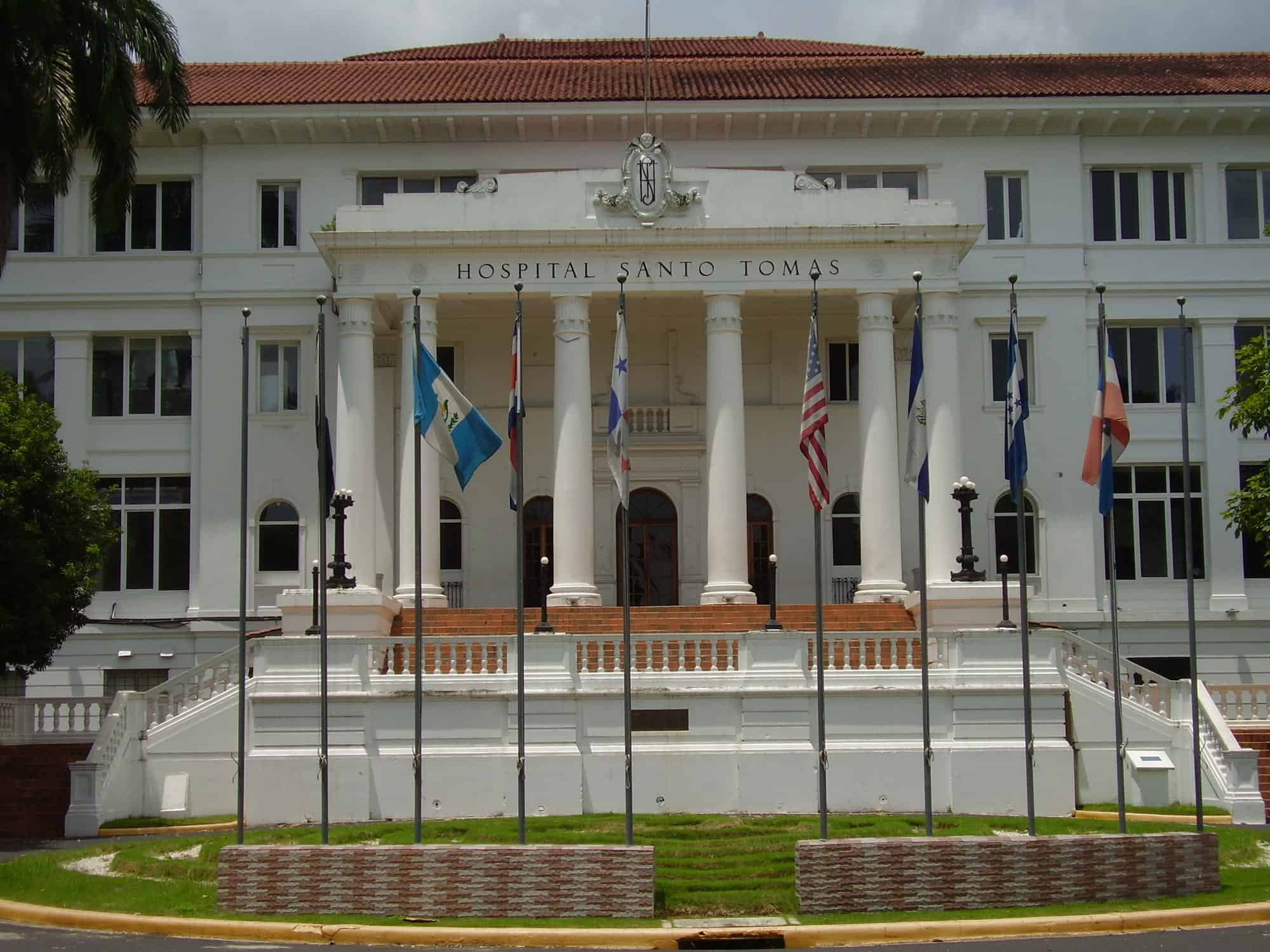
Major Pharmacies
- El Javillo: El Javillo has 36 establishments nationwide, with branches in Penonomé, Aguadulce, and an extensive network within Panama City. All its branches operate from 6:00 am and close, for the most part, at 9:30 pm.
- Arrocha: Arrocha has more than 30 branches nationwide, one of them at the entrance to Playa Blanca on the Pan-American Highway, just 10 minutes from Buenaventura. Most of its branches are open from Monday to Sunday, from 7:00 am to 10:00 pm.
- Metro Pharmacy: Metro Pharmacy has more than 30 branches nationwide, most of which are located in Panama City. There are also branches in Coronado. Metro Pharmacies are potentially open at 6:30 am to 9:30 pm
Quality of Medical Care in Panama
Advantages of Panama’s Healthcare System
Panama boasts an accessible and superior medical system. Its public healthcare system stands out in Central America, offering affordability to users. The country houses a pool of skilled medical professionals, and the government invests significantly in medical research and education. Panama’s public healthcare system ensures affordable access to care for its 4.4 million residents, including visitors. Those contributing to the CSS through employment enjoy full coverage, while contractors and expats can access reasonably priced general healthcare services through MINSA-operated public facilities.
Challenges in the Panamanian Healthcare System
The primary challenge in Panama’s healthcare sector is ensuring fair access to healthcare for low-income individuals while strengthening and expanding incentives for the healthcare system to enhance efficiency, effectiveness, and long-term viability. People from rural and indigenous backgrounds in Panama face poorer health outcomes compared to those in other regions.
The healthcare system in this Central American country aims to offer essential medical services like doctor visits, hospital care, and preventive measures to everyone. However, like many public systems, it has some issues such as inadequate resources, especially in distant regions. Expatriates may see that public healthcare facilities may lack English-speaking personnel and might not provide the same level of quality as private alternatives.

Medical Standards, Accreditation, and Patient Safety
Panama upholds high medical standards, on par with global benchmarks. The country boasts a proficient healthcare workforce and utilizes advanced diagnostic and surgical equipment. While not explicitly mentioned, numerous Panamanian hospitals gain international recognition, attesting to their stringent quality assessments. Regulatory bodies are in place to oversee medical practices, ensuring alignment with international standards.
Panama’s healthcare facilities prioritize patient safety by adhering to global care standards. This includes maintaining high levels of cleanliness and sanitation, offering emergency medical assistance, and safeguarding patient privacy. Patients are ensured the right to make informed decisions about their treatment, with thorough explanations of medical procedures and potential risks provided prior to any intervention.
Medical Tourism in Panama
Healthcare in Panama is a significant focus for expats, with accessible and affordable options in major cities. The overall healthcare system in Panama is ranked 95th globally, but the private hospitals, offering quality medical services at reasonable rates, are the real reason for medical tourism and are favored by expats. Panama’s healthcare stands out with modern facilities, specialized programs, and skilled professionals. Whether you require regular tests, emergency treatment, or specialized procedures, Panama provides excellent healthcare without the hefty price tag.
Obtaining a Medical Visa
If you plan to have an extended medical trip in Panama and your stay goes beyond the usual 90-day visa-free period (which applies to most U.S., Canadian, and European travelers), you should think about getting a medical visa. Contact the nearest Panamanian consulate to find out exactly what you need for the visa, including important documents like your medical records, appointment proof, and evidence that you can cover the costs. To avoid any delays, apply for the visa ahead of your planned trip, and remember that processing times can vary. While there aren’t typically specific warnings or restrictions for medical travel to Panama, it’s a good idea to check the latest information from official sources before you finalize your travel plans.
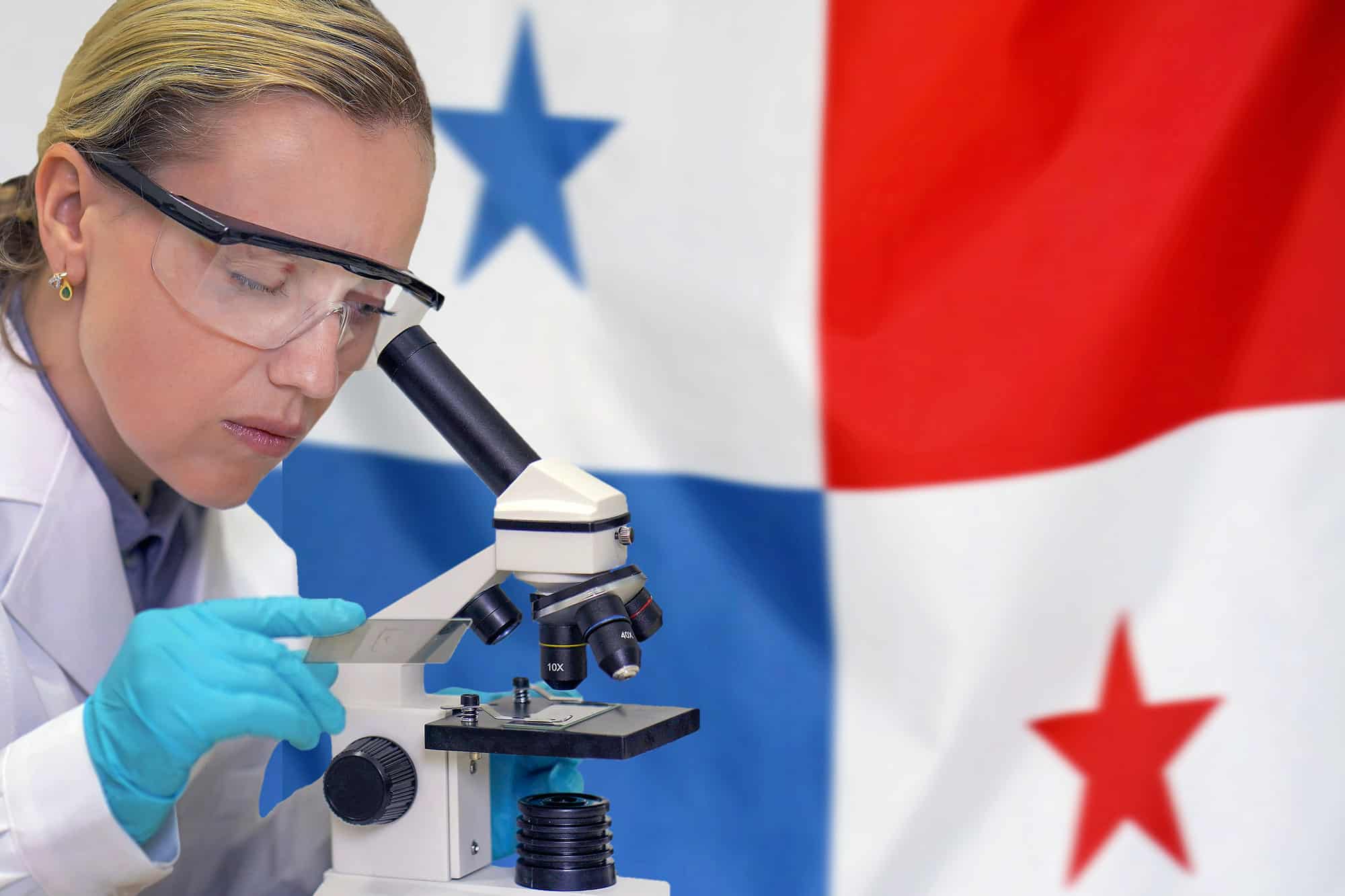
The Best Health Insurance for Expats and Local Residents
While Panamanian residents may not be obligated to have health insurance, it’s highly advisable for expatriates to consider it. This way, you can avoid unexpected medical costs and have access to reliable healthcare when necessary. Let’s explore some of the top health insurance options suitable for both expats and Panamanian residents.
- The CSS (Caja de Seguro Social): Panama’s state health insurance, managed by CSS, provides healthcare to Panamanians who work and expats with permanent residency. Expats can access CSS coverage by paying taxes. CSS manages public healthcare and funds it through taxes. CSS operates 80 healthcare systems, making it the largest provider and pension fund administrator.
- MINSA (Ministerio de Salud): MINSA gets its money from the Government’s general budget. Their services aren’t totally free, but they’re the cheapest for poor people in Panama. MINSA runs 830 health places, way more than CSS’s 80. Besides offering health care, MINSA also manages the national health system, introducing regulations, and enforcing them. Through the Ministra de Salud, even unemployed or retired Panamanians can get insurance.
- Local Health Insurance: In Panama, you can get local health insurance which is intentionally for residents and expats. They cover different medical services, and you have choices like hospital-based plans and local HMO-style policies that work only in Panama. It’s a good option if you don’t travel outside Panama much or already have insurance from your home country. Some domestic health insurance companies, such as ASSA, Suramericana de Seguros (Sura), Seguros Mapfre, Aseguradora Ancon, Seguros Vivir, and Generali, offer various plans. Typically, these plans have lifetime coverage limits of $300,000 to $500,000 and annual deductibles of $300 to $500. If you’re 66 or older, there might be restrictions for new applicants, and your coverage could be limited to specific healthcare providers.
- International Health Insurance: International health insurance is a smart choice for those living abroad. It covers you comprehensively, so you don’t have to worry about language barriers, paperwork hassles, or local charges. You can customize your plan to get the care you need. In Panama, this insurance lets you access private hospitals where English-speaking staff are available.Some well-known international health insurance providers are GeoBlue, Cigna, BUPA Global, Sagicor, Seven Corners, WEA, Aetna International, PALIC, WorldWide Medical Assurance Corp, IMG, and Allianz Worldwide. Typical policies include global coverage (except for the US, which can save you money), a lifetime limit of $1-5 million, an annual deductible of $1,000 to $5,000, and the freedom to pick any doctor or hospital in Panama, plus a network of providers outside the country.
Conclusion
In summary, Panama’s healthcare system serves diverse needs, ensuring accessibility and quality care. Expats appreciate the private system’s efficiency, advanced facilities, and medical professionals while still being very affordable. Notable institutions like Centro Medico Paitilla and Hospital Santo Tomas bolster Panama’s medical tourism. This benefits residents and draws international visitors seeking affordable, high-quality care.
For expatriates living in Panama, exploring health insurance options is wise, from state-managed CSS to insurers like ASSA, GeoBlue, and Cigna. These ensure comprehensive coverage in private hospitals with English-speaking staff. Considering a medical visa for extended stays is advised. Panama welcomes medical travelers, but understanding visa requirements ensures a smooth healthcare experience. In essence, Panama’s healthcare system and growing medical tourism offer accessible, affordable, and high-quality care amid a tropical paradise.

